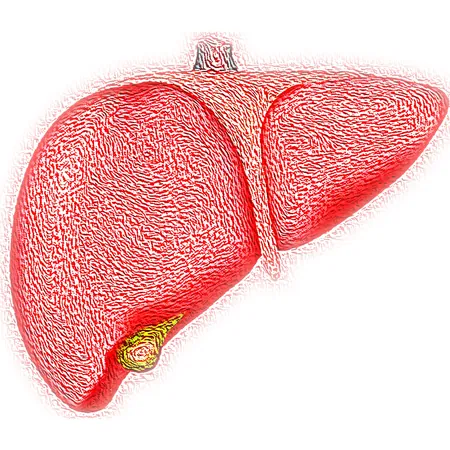
New Study: Opioid Pain Relief During Pregnancy Doesn't Increase Autism or ADHD Risk
2025-09-23
Author: Amelia
A Groundbreaking Study Challenges Common Beliefs
An eye-opening study from Indiana University reveals that using prescribed opioid pain medications during pregnancy may not raise the risk of autism spectrum disorder (ASD) or attention-deficit/hyperactivity disorder (ADHD) in children. This significant research sheds light on the complex relationship between prenatal opioid use and neurodevelopmental disorders.
The Research Findings
Published in PLOS Medicine on September 16, the study analyzed data from over 1.2 million births in Sweden from 2007 to 2018. Interestingly, only 4.4% of these pregnancies involved prescribed opioid medications. While the study notes a potential risk correlation with higher doses, it emphasizes that the relationship may stem more from underlying factors rather than opioid exposure.
"We can't rule out a minor risk for autism and ADHD with high levels of exposure, but our findings suggest no direct causal connection between prescribed opioids and these disorders," explains Emma Cleary, the study's lead author.
What Drives the Risk?
Co-author Ayesha Sujan adds that the increased rates of autism and ADHD are likely influenced by factors leading up to the use of opioids rather than the medications themselves. After accounting for variables like parental age and mental health conditions, the perceived risks significantly diminished.
Innovative Data Analysis Techniques
Utilizing cutting-edge text-mining algorithms, researchers could analyze prescription details with unmatched precision—differentiating between dosages and patient intake. This innovative approach provided the researchers with a clearer picture of exposure, leading to more accurate conclusions.
Collaborative Efforts for Better Insights
This study exemplifies the power of interdisciplinary collaboration. By merging expertise from researchers, clinicians, and data engineers, the team maximized the potential of extensive datasets to illuminate key clinical inquiries—especially in scenarios where randomized controlled trials are impractical.
Implications for Future Research
As pregnancy pain management remains a delicate issue, these findings offer reassurance to expectant mothers and their healthcare providers. The ongoing quest for knowledge in this realm will be crucial as we navigate the complexities of prenatal health and child development.
Conclusion: A New Perspective on Opioid Use in Pregnancy
In conclusion, this study not only challenges prevalent fears surrounding prenatal opioid use but also paves the way for further investigations into the factors influencing neurodevelopmental disorders. As medical professionals continue to seek optimal pain management tactics, insights like this will prove invaluable.









 Brasil (PT)
Brasil (PT)
 Canada (EN)
Canada (EN)
 Chile (ES)
Chile (ES)
 Česko (CS)
Česko (CS)
 대한민국 (KO)
대한민국 (KO)
 España (ES)
España (ES)
 France (FR)
France (FR)
 Hong Kong (EN)
Hong Kong (EN)
 Italia (IT)
Italia (IT)
 日本 (JA)
日本 (JA)
 Magyarország (HU)
Magyarország (HU)
 Norge (NO)
Norge (NO)
 Polska (PL)
Polska (PL)
 Schweiz (DE)
Schweiz (DE)
 Singapore (EN)
Singapore (EN)
 Sverige (SV)
Sverige (SV)
 Suomi (FI)
Suomi (FI)
 Türkiye (TR)
Türkiye (TR)
 الإمارات العربية المتحدة (AR)
الإمارات العربية المتحدة (AR)